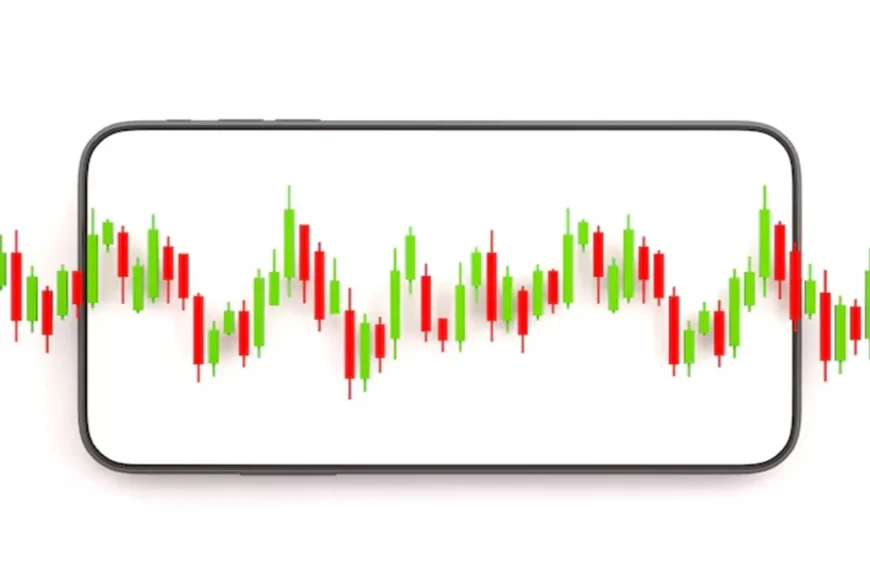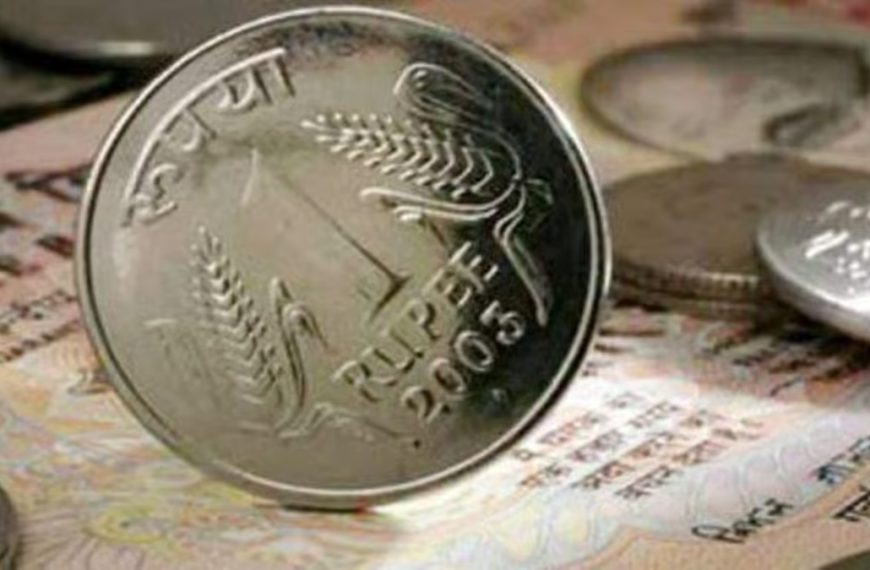The Indian stock market experienced a challenging day as both the Sensex and Nifty indices closed in negative territory. Rising geopolitical tensions between India and Pakistan have left investors wary, resulting in a notable decline in market sentiment during the latter part of the trading session.
Market Overview: Sensex and Nifty Decline
At the close, the Nifty settled at 24,273.80, reflecting a decrease of 0.58%, while the Sensex ended at 80,334.81, down by 0.51%. The India VIX, which measures market volatility, rose to 10.21%, indicating growing investor anxiety.
Geopolitical Tensions Impact Investor Confidence
The downturn in the market can be primarily linked to escalating tensions between India and Pakistan. Reports surfaced indicating damage to Pakistan’s air defense systems in regions such as Sialkot and Lahore, raising concerns about potential military escalations.
- Increased ceasefire violations: Pakistan has reportedly intensified ceasefire breaches along the Line of Control (LoC), with heavy artillery exchanges noted in various areas.
- Investor caution: The fear of further conflict has caused investors to retreat, dampening market confidence and contributing to today’s market retreat.
Prashanth Tapse, Senior VP (Research) at Mehta Equities, noted, "Market participants are exercising extreme caution, fearing that the ongoing tensions could escalate into a significant conflict between these nuclear-armed nations, prompting a widespread sell-off in equities. Consequently, profit-taking was observed across nearly all sectors, with only select IT stocks showing resilience. The local currency’s sharp depreciation is also pushing foreign investors to seek refuge in safer overseas assets."
Pakistan Stock Exchange Faces Severe Decline
In parallel, the Pakistan Stock Exchange experienced a tumultuous trading day, resulting in a one-hour halt after the benchmark index plunged by 7.2%. Initially starting positively, the market turned negative quickly as news broke of drones being intercepted over major cities like Karachi and Lahore.
Key Trading Highlights
- Midcap and Smallcap Indices: The BSE Midcap index fell by 1.9%, closing at 42,154.47, while the BSE Smallcap index saw a slight decline of 1%, finishing at 46,882.73.
- Top Losers: In the smallcap segment, notable decliners included Avalon (-7.57%), Renaissance Global (-7.14%), and CCL Products (-7.08%). The midcap index saw underperformance from UPL, Torrent Power (-5.48%), and Jubilant FoodWorks (-5.36%).
Sector Performance Review
Most sectors faced significant losses, with the exception of IT and Media.
- Hardest hit sectors: The metal, oil & gas, pharma, PSU Bank, auto, consumer durables, and realty sectors all slipped by 1-2% during the trading session.
Stock Movements: Gainers and Laggards
Noteworthy Gainers
Despite the overall downturn, some stocks managed to thrive. Top performers in the Sensex 30 included:
- HCL Tech
- Axis Bank
- Kotak Bank
- Titan
Major Laggards
Conversely, several heavyweight stocks struggled, contributing to the market’s decline. Key laggards were:
- Eicher Motors
- M&M
- Maruti
- Tata Steel
- Asian Paints
Currency Concerns: Rupee Decline
Adding to the market’s challenges, the Indian rupee dropped 1.1%, marking its steepest decline since February 2022, and settled at 85.79 per dollar.
In summary, the Indian stock market is navigating through turbulent waters, influenced heavily by geopolitical factors and investor sentiment. As tensions rise, market participants remain cautious, closely monitoring developments that could shape the future of investments in the region.
For more insights into market dynamics and stock performance, stay tuned to our updates!











